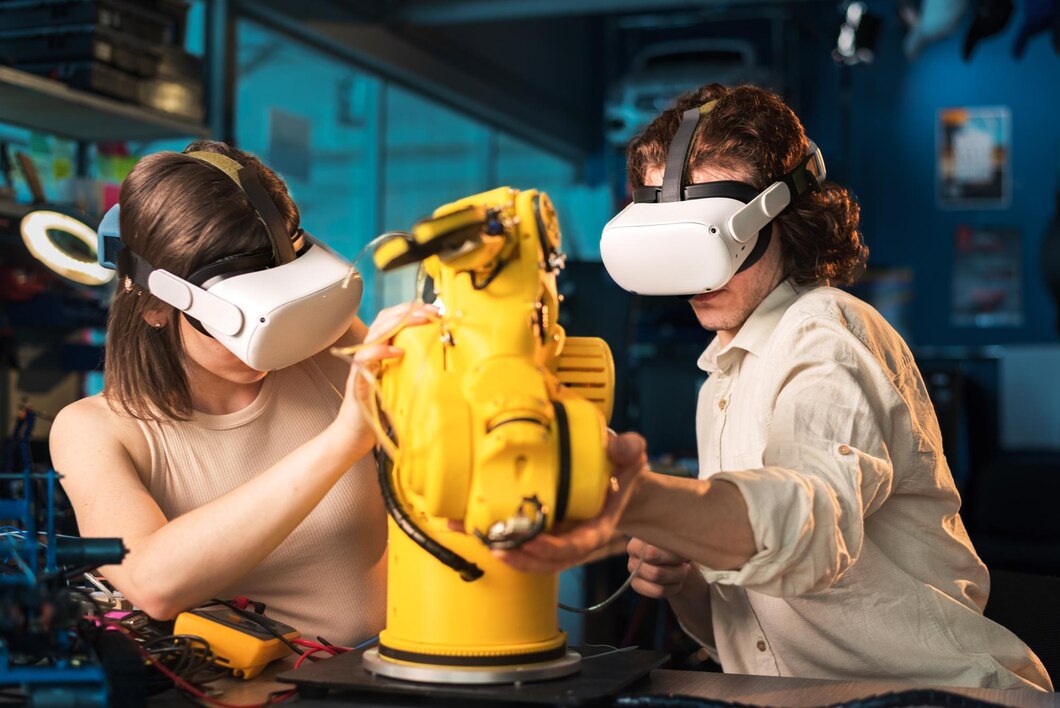Introduction
Science is the foundation of human progress, shaping our understanding of the universe and driving technological advancements. It influences every aspect of life, from healthcare and communication to space exploration and environmental conservation. Scientific discoveries have led to groundbreaking innovations that improve quality of life and expand human knowledge. As science continues to evolve, new possibilities emerge, transforming the way we live and interact with the world.
The Importance of Science
Science plays a crucial role in society by providing solutions to global challenges, enhancing knowledge, and fostering innovation. Its significance can be seen in various fields:
- Medicine and Healthcare – Scientific research leads to medical advancements, disease prevention, and improved treatments.
- Technology and Engineering – Innovations in computing, artificial intelligence, and robotics shape the modern world.
- Space Exploration – Scientific studies help explore planets, stars, and galaxies, expanding our understanding of the universe.
- Environmental Conservation – Science provides insights into climate change, pollution control, and sustainable living.
- Agriculture and Food Science – Scientific developments improve food production, crop yield, and nutritional quality.
- Physics and Chemistry – Fundamental sciences explain natural phenomena and contribute to technological progress.
Major Scientific Fields and Their Impact
- Physics – Studies matter, energy, and forces, leading to innovations like electricity, quantum mechanics, and nuclear power.
- Biology – Explores living organisms, genetics, and ecosystems, improving medicine, biotechnology, and environmental protection.
- Chemistry – Examines substances and reactions, contributing to drug development, materials science, and industrial advancements.
- Astronomy – Investigates celestial bodies, space travel, and the origins of the universe.
- Earth Sciences – Focuses on geology, meteorology, and oceanography to understand natural disasters and climate patterns.
- Computer Science – Drives artificial intelligence, machine learning, cybersecurity, and digital transformation.
Scientific Breakthroughs That Changed the World
- Electricity and Electromagnetism – Revolutionized communication, transportation, and daily life.
- Vaccines and Antibiotics – Eradicated deadly diseases and increased human lifespan.
- The Theory of Relativity – Albert Einstein’s discoveries transformed physics and space exploration.
- DNA and Genetic Engineering – Advanced medical treatments and personalized medicine.
- Artificial Intelligence and Robotics – Automated industries, improved healthcare, and enhanced problem-solving capabilities.
- Quantum Computing – Opened new frontiers in computing power and cybersecurity.
Challenges in Science and Research
Despite its progress, science faces various challenges:
- Ethical Concerns – Issues like genetic modification, artificial intelligence, and bioengineering require careful regulation.
- Climate Change – Scientific solutions are needed to combat global warming and environmental degradation.
- Funding and Resources – Research institutions require consistent funding to advance scientific discoveries.
- Misinformation and Public Skepticism – Scientific literacy is essential to combat myths and false information.
- Space Exploration Challenges – Deep space missions require technological advancements and sustainable solutions.
- Healthcare Inequality – Scientific advancements must be accessible to all populations.
The Future of Science and Innovation
The future of science promises revolutionary advancements in various domains:
- Artificial Intelligence and Automation – AI-driven solutions will enhance efficiency across industries.
- Space Colonization – Mars exploration and space tourism will become more feasible.
- Renewable Energy – Advances in solar, wind, and nuclear fusion will drive sustainability.
- Gene Editing and Biotechnology – CRISPR and other genetic technologies will redefine medicine.
- Quantum Mechanics Applications – Quantum computing will unlock new problem-solving capabilities.
- Nanotechnology – Miniature technology will transform medicine, manufacturing, and engineering.
The Role of Science in Everyday Life
Science influences daily activities in numerous ways:
- Technology – Smartphones, the internet, and modern gadgets rely on scientific principles.
- Healthcare – Medical treatments, nutrition, and fitness science enhance well-being.
- Weather Forecasting – Meteorological science helps predict natural disasters and weather changes.
- Transportation – Innovations in automotive, aviation, and space travel improve mobility.
- Communication – Satellites and fiber optics enable global connectivity.
- Sustainability – Scientific research helps in waste management, pollution control, and resource conservation.
How to Promote Scientific Awareness
- Encouraging STEM Education – Science, technology, engineering, and mathematics education fosters innovation.
- Supporting Scientific Research – Governments and private sectors must invest in research.
- Combating Science Misinformation – Promoting reliable sources of scientific information is essential.
- Engaging in Citizen Science – Public participation in research projects enhances scientific progress.
- Utilizing Technology for Education – Digital platforms can make science accessible to all.
Conclusion
Science is the backbone of human progress, shaping the present and future through continuous discoveries and innovations. From medicine to space exploration, science plays a critical role in solving challenges and improving quality of life. As technology advances, embracing scientific knowledge and promoting research will ensure a better and more sustainable future for generations to come.

